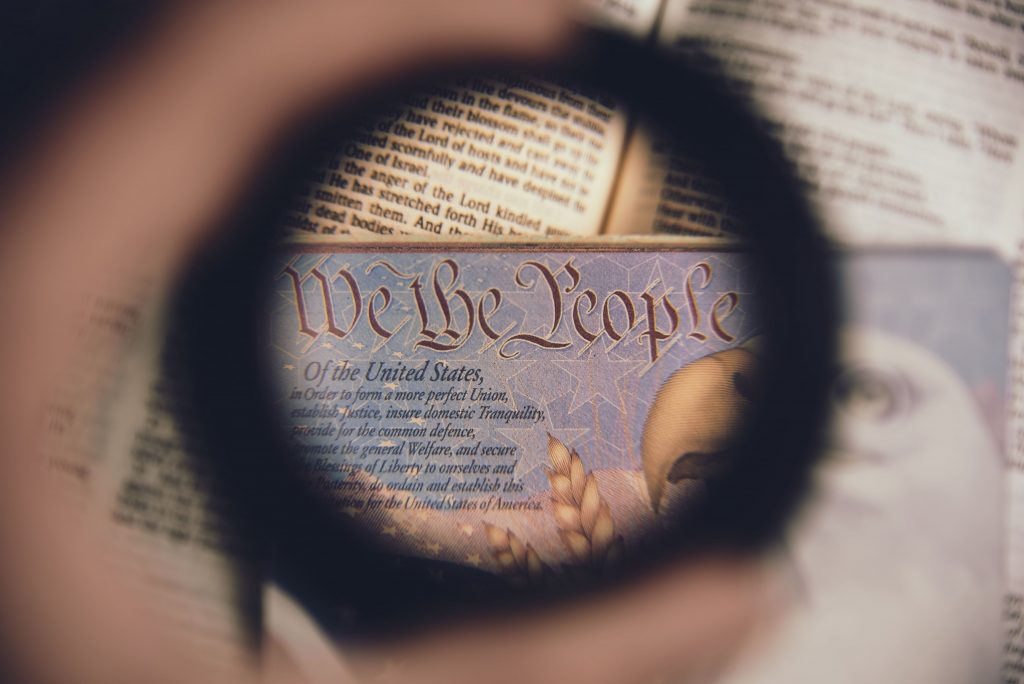Joanna Booth’s first experience with the legal system as an adoptee left vivid memories. Her anxiety over the outcome of her situation was too intense to forget. But she also remembers the care and concern shown by the attorney advocating for her adoptive family. Now she’ll be seeing the courtroom from another point of view. Having graduated from BJU with a degree in history, Joanna is currently a student in the graduate law program at Regent University.
Joanna explains that she’s already passed one test of her persuasive ability. Her parents required an explanation of why she wanted to major in history. What was she going to do with the major? She won them over when she convinced them she was serious about pursuing the path to law school.
Beginning the Journey
Success on the way to law school meant buckling down to hard work in her history classes, Joanna says. Although she’d always been a good student, she admits her hardest classes made her improve her study habits. Focusing on improving her reading comprehension and writing skills was also important. She knew she wanted to excel, not just get by with the minimum amount of work. And courses such as one on Roman history challenged her to tackle discussions of bigger ideas such as justice and government.
When it was time to do original research for her senior capstone project, Joanna chose to focus on women’s history. She discovered a group of South Carolina women—the South Carolina Federation of Colored Women’s Clubs—about whom little had been written and chose the group as her topic. The project was difficult, she admits, but she found it rewarding to use all her research and writing skills.
Reaching the Goal
Starting early to determine the requirements for law school applications smoothed her journey, says Joanna. She knew she would need an excellent grade point average. Her advisor also emphasized that a good score on the LSAT (the standardized exam for law schools) was a key factor in acceptance. Joanna followed his advice to take the LSAT at least twice. Even the slightly increased score she gained the second time made her eligible for significantly more financial aid.
Faculty recommendations are also important in law school admittance decisions. Joanna therefore prioritized developing good relationships with several faculty members. She actively participated in classes and consulted with professors so they could write knowledgeably about her abilities.
All this preparation paid off when Joanna received acceptance letters from both law schools to which she applied. She chose Regent University School of Law. The school is listed in the Top 20 Most Innovative Law Schools by PreLaw Magazine in 2017. Regent also maintains connections to many Christian organizations in the U.S. and abroad.
Joanna’s advice to would-be history majors? Avoid the temptation of many good students to just coast through classes with the least amount of work. Pursuing excellence helps you become a better student and gives you valuable tools for your future ministries.








